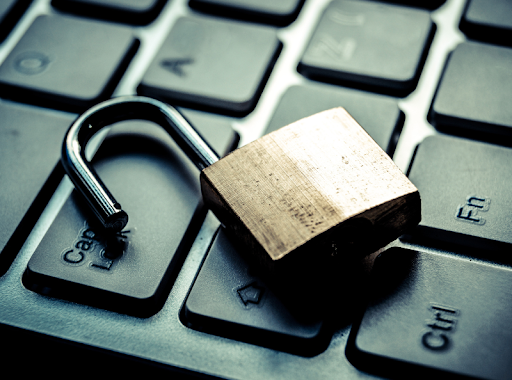10 Steps to Take in the Event of a Privacy Breach
As more and more of our sensitive personal information is stored in the cloud, online privacy breaches become a common concern for consumers of all kinds. Whether it’s a data leak from a trusted company or a cyberattack on your personal information, knowing how to protect your rights and take appropriate legal action is crucial.
No one wants to suffer a breach of privacy, but in the event that you do, it’s important to act quickly. At Kiesel Law, we take privacy breaches and consumer protection very seriously. If you or someone you love has suffered an online breach of privacy, we want to help.
With that in mind, here is a list of ten steps you should take in the event of a privacy breach. If you’re thinking about taking legal action, don’t hesitate to contact Kiesel Law today!
What to Do If You’ve Been the Victim of a Privacy Breach
Suffering a breach of privacy can be just as traumatic and can have just as serious repercussions as suffering another form of personal injury. Below, we’ll explore what steps you can take to secure your private information, as well as how you can go about exercising your legal rights.
1. Document the Breach
The first step when you suspect an online privacy breach is to document everything related to the incident. This includes taking screenshots of any suspicious activity, saving emails or messages, and noting the date and time of when you first noticed the breach. Detailed documentation will be essential if you decide to pursue legal action later.
2. Secure Your Accounts
Immediately take action to secure your online accounts. Change passwords for affected accounts and enable two-factor authentication where possible. This will help prevent further unauthorized access and protect your personal information.

3. Contact the Company
If you believe a specific company is responsible for the breach, contact them directly. Look for their customer support or data protection contact information on their website. Notify them of the breach and request information on how they plan to address it. Many companies have established procedures to assist customers in such situations.
4. Report to Regulatory Authorities
Depending on your location and the nature of the breach, you may need to report it to relevant regulatory authorities. In the United States, for instance, you can report online privacy breaches to the Federal Trade Commission (FTC). In the European Union, you would report to your country’s data protection authority. Be sure to check the privacy laws and regulations in your jurisdiction.
5. Review Privacy Policies and Terms of Service
Review the privacy policies and terms of service of the company that suffered the breach. These documents often outline the company’s responsibilities in protecting your data and may provide insight into their liability in the event of a breach. Understanding these policies can be crucial when assessing your legal options.
6. Consult an Attorney
If you believe the breach has caused significant harm or if the company responsible is uncooperative, you may need the help of an experienced attorney. Kiesel Law specializes in online privacy and data breaches, as well as other fields of law related to personal injury and product liability. We can help you understand your legal rights, assess the strength of your case, and guide you through the legal process.
7. Consider a Class Action Lawsuit
In some cases, a privacy breach may affect a large number of individuals. If you believe you are not the only one affected, it may be worth exploring the possibility of a class action lawsuit. In a class action lawsuit, a group of individuals who have suffered similar harm can file a lawsuit collectively against the responsible party. This is often a more efficient and effective way of seeking compensation. If you’re not sure if a class action lawsuit is a viable option, contact the attorneys at Kiesel Law for expert advice.

8. Preserve Evidence
Preserving evidence is crucial if you plan to pursue legal action. Ensure you have copies of all relevant documents, messages, and records related to the breach. This includes any correspondence with the company, regulatory authorities, or your attorney. Properly preserving evidence can make a significant difference in the outcome of your case.
9. Understand Your Rights
Familiarize yourself with your rights as a consumer in your jurisdiction. Laws regarding online privacy and data breaches can vary widely from one place to another. Knowing your rights will help you make informed decisions throughout the legal process.
10. Stay Informed
Stay informed about the progress of any investigations, legal actions, or settlements related to the breach. Companies often reach settlements with affected consumers, and you should be aware of your options and the potential compensation available to you.
Kiesel Law Attorneys Are Experts in Online Privacy Law
Experiencing an online privacy breach can be a distressing and frustrating ordeal. However, by taking the right legal steps, you can protect your rights and seek compensation for any harm you’ve suffered. Your personal information is precious; it’s important to make sure those who are supposed to safeguard it are held accountable.
Have you or someone you loved been affected by a breach of privacy? Kiesel Law can help you weigh your legal options. Contact us today!


